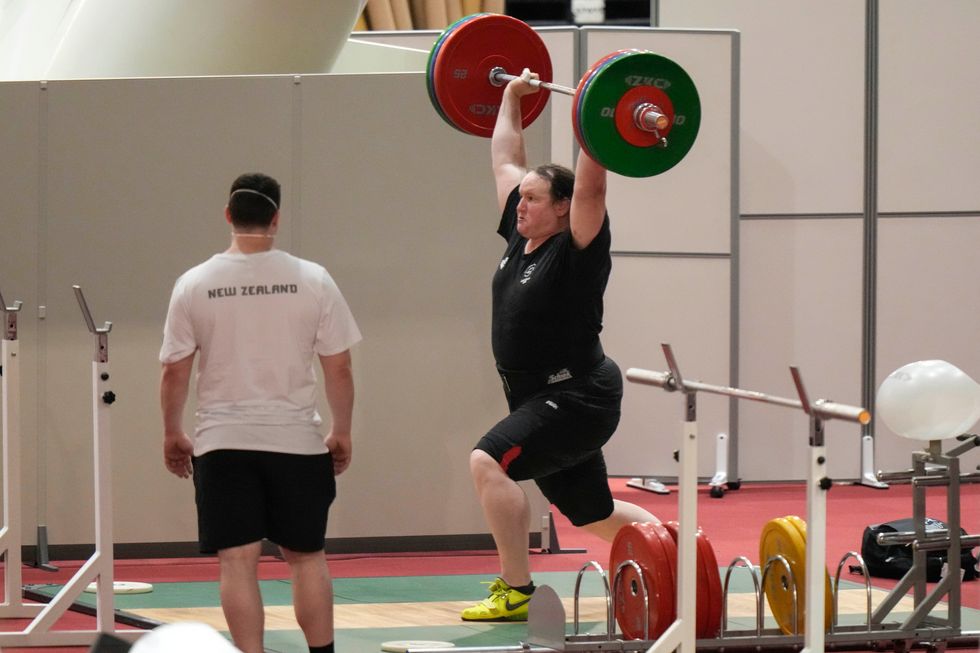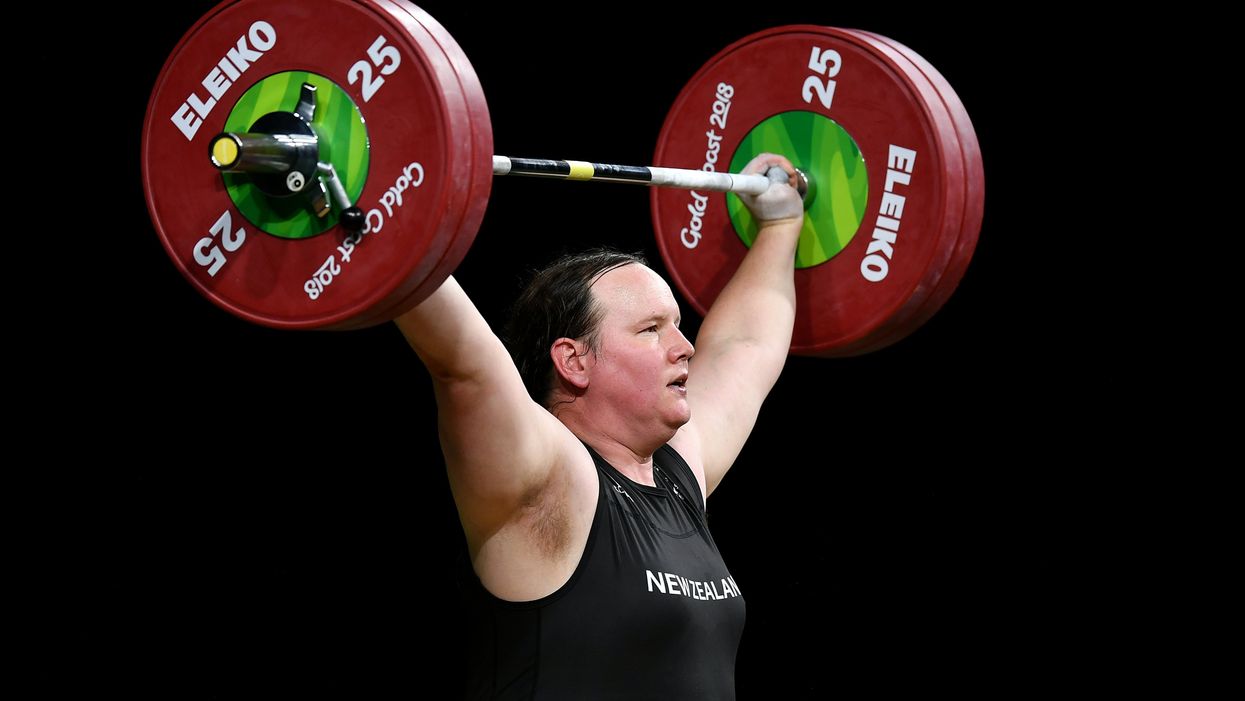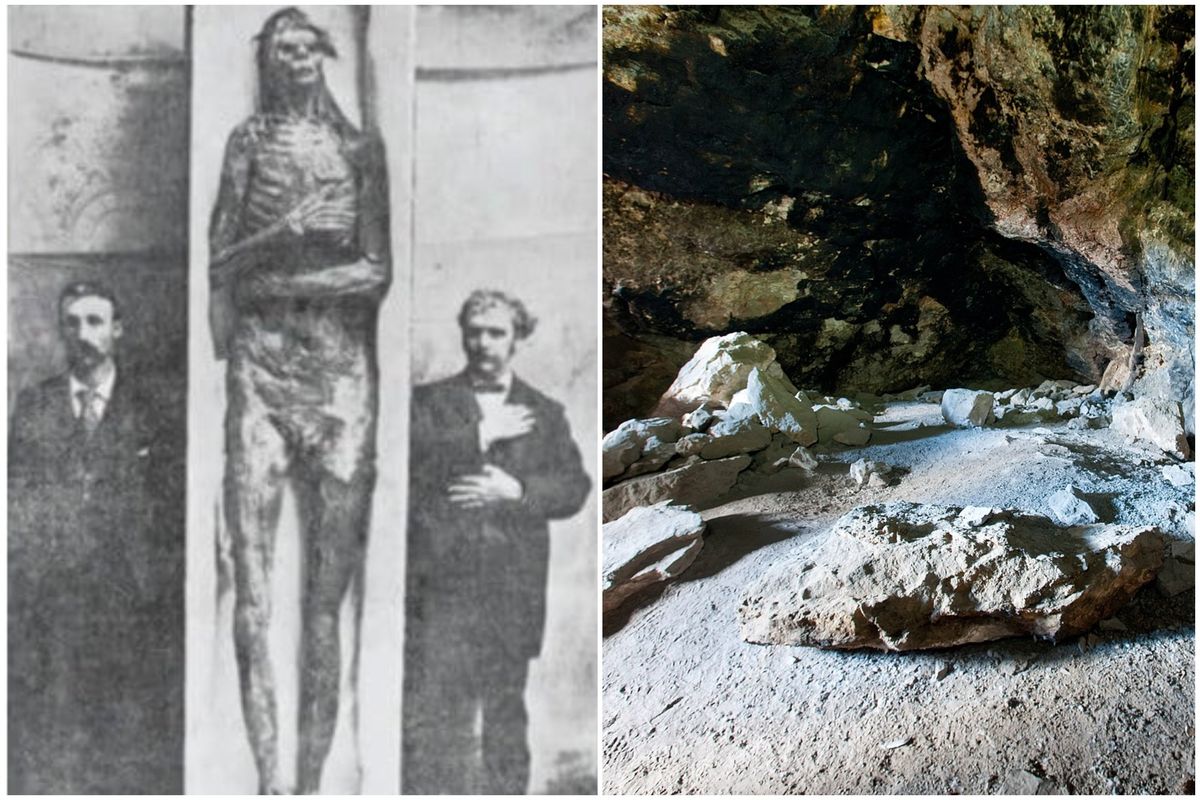Sinead Butler
Aug 02, 2021
Weightlifter Laurel Hubbard made history when she became the first transgender athlete to compete at the Olympics.
However, she failed to record a successful lift in the women’s +87kg weightlifting.
Hubbard previously competed as a male weightlifter before undergoing her transition in 2012, and eventually returned to weightlifting in 2017.
Her appearance in the women’s category at the Tokyo Olympics sparked much debate, with some rivals suggesting the 43-year-old has an inevitable hormonal advantage having gone through male puberty.
Which competition did Hubbard compete in?
The New Zealander competed at the Tokyo 2020 Olympics in the women’s super heavyweight 87+kg category. Her world ranking and the weights she is lifting always suggested she was an outside contender for the medal positions.
Her competition ended after a failed attempt to lift 120kg and two failed efforts at 125kg in the snatch.
When did Hubbard compete?
It took place on Monday 2 August at 11.50am BST.
What are the rules?
In 2004, the International Olympic Committee (IOC) permitted transgender athletes to take part in the Olympics.
In 2015, the IOC changed its rules to allow transgender athletes to compete in women’s sport if they have declared their gender identity as female for at least four years and their testosterone levels have been below a certain level for at least a year. Testosterone is a hormone which is responsible for increased muscle mass.
What had Hubbard’s athletic career looked like before the Olympics?
Hubbard competed as a male weightlifter before transitioning in 2012, aged 35. She returned to the sport in 2017, winning silver at the World Championships that year, but suffered a serious elbow injury at the 2018 Gold Coast Commonwealth Games which nearly ended her career.
She later won gold at the 2019 Pacific Games and the Roma 2020 World Cup.
What had Hubbard said about this Olympics?
Hubbard had not spoken much in the media, but said in a written statement that was released by the IOC on her behalf last week: “I see the Olympic Games as a global celebration of our hopes, ideals and values and I would like to thank the IOC for its commitment to making sport inclusive and accessible.”
She also read out a statement following her elimination. She said: “I know that from a sporting perspective I haven’t really hit the standards that I put upon myself and perhaps the standards that my country has expected of me.
“But one of the things for which I am profoundly grateful is that the supporters in New Zealand have given me so much and have been beyond astonishing.
“I’d like to thank the New Zealand Olympic Committee, they have supported me through what have been quite difficult times.
“I know that my participation at these Games has not been entirely without controversy but they have been just so wonderful and I’m so grateful to them.”
Back in 2017, after returning from the World Championships, she said: “I’m not here to change the world. I just want to be me and do what I do.”

How did her competitors feel?
Fellow competitors in the same category had mixed views on Hubbard competing against them.
Belgian weightlifter Anna Vanbellinghen, for example, said that if Hubbard were to compete at the Olympics it would be “like a bad joke.” While she says she fully supports the transgender community, she added inclusion should not be “at the expense of others”.
Though British weightlifter and current European champion Emily Campbell disagreed, saying girls do not have to “sacrifice their femininity” to become a success in the sport and has no problem with Hubbard competing alongside her in the 87+kg category.
Campbell added: “She (Hubbard) is a human being and she has qualified for this competition fairly like everyone else has, following rules that we all have to abide by.”
Olympic weightlifting rival, Australia’s Charisma Amoe-Tarrant, previously said: “I have so much respect for her. I just wish her well.”
What did New Zealand have to say?
Hubbard has received full backing from her country’s own Olympic committee.
New Zealand Olympic Committee (NZOC) chief executive Kereyn Smith said: “As well as being among the world’s best for her event, Laurel has met the IWF eligibility criteria including those based on IOC Consensus Statement guidelines for transgender athletes.
“We acknowledge that gender identity in sport is a highly sensitive and complex issue requiring a balance between human rights and fairness on the field of play.”
Hubbard has also received support from New Zealand’s Prime Minister Jacinda Ardern.
Hubbard has previously said she was “grateful and humbled by the kindness and support that has been given to me by so many New Zealanders”.
“When I broke my arm at the Commonwealth Games three years ago, I was advised that my sporting career had likely reached its end. But your support, your encouragement, and your aroha carried me through the darkness,” she said.
“The last eighteen months has shown us all that there is strength in kinship, in community, and in working together towards a common purpose. The mana of the silver fern comes from all of you and I will wear it with pride.”
Top 100
The Conversation (0)














